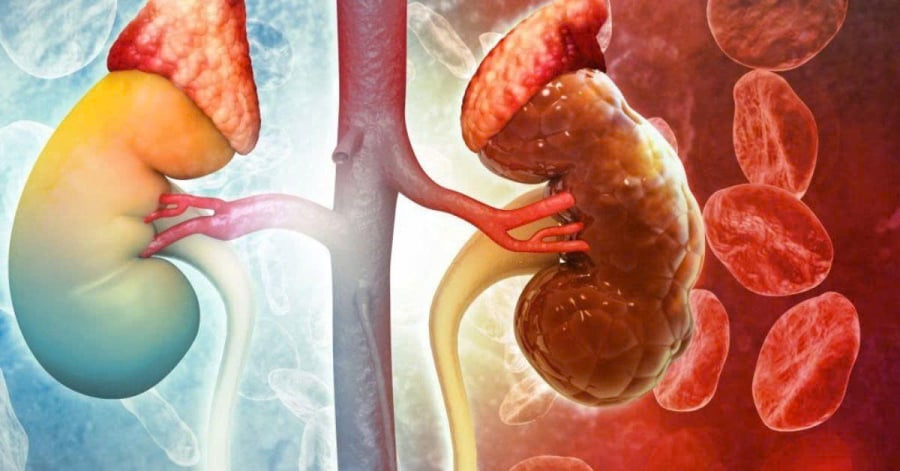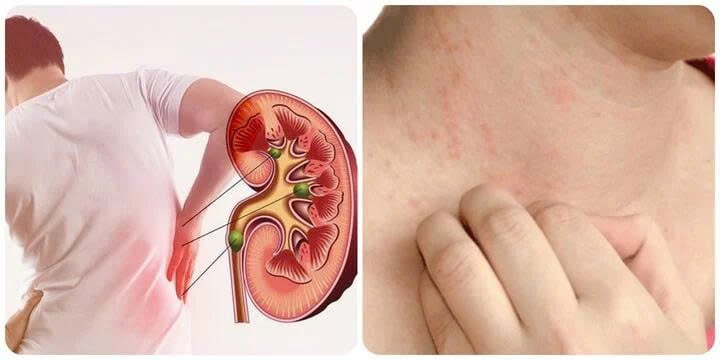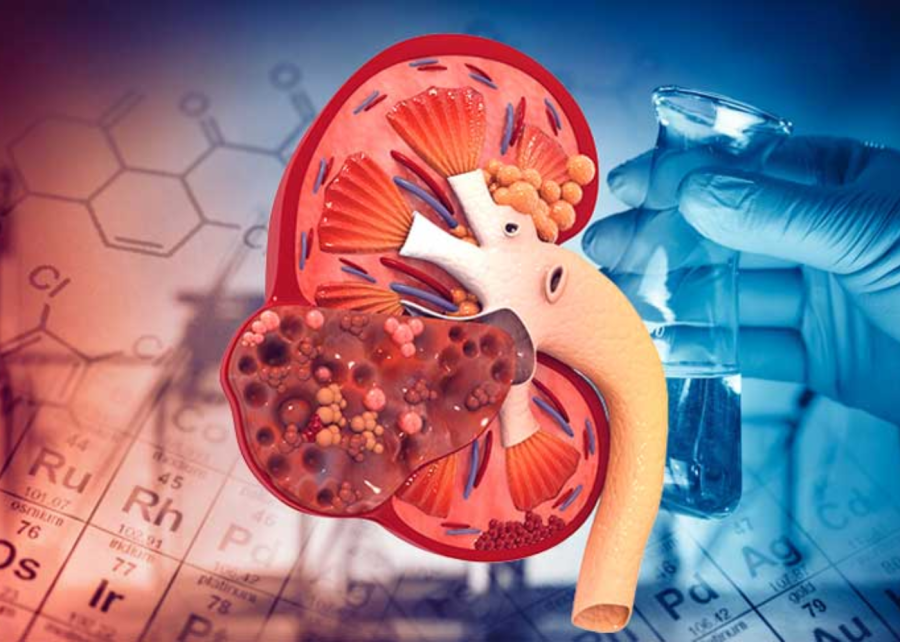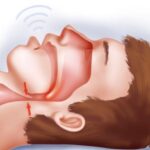Chronic kidney disease is a silent but extremely dangerous condition that directly affects an individual’s quality of life and survival. According to the latest statistics, over 10 million Vietnamese people suffer from chronic kidney disease, with thousands of cases progressing to a severe stage each year. Early detection of kidney failure in its initial stage is crucial for effective treatment and complication reduction.
What is kidney failure?

The kidneys play a vital role in filtering blood, removing waste products, regulating blood pressure, producing hormones that create red blood cells, and maintaining internal balance. When the kidneys weaken, these functions are severely affected, leading to a series of metabolic disorders and dangerous complications. Kidney failure can progress insidiously over a long period before manifesting obvious symptoms, hence why it is often only detected when it has reached an advanced stage.
Dr. Dương Ngọc Vân, a specialist at Medlatec General Hospital, warns: “Even in its early stages, the body sends out clear signals if we know how to listen. Early recognition increases the chances of restoring kidney function and improving patients’ quality of life.”
Here are eight warning signs of early-stage kidney failure that you should not ignore:
1. Loud snoring and sleep apnea
Sleep apnea is a common respiratory disorder in people with chronic kidney disease. Patients may stop breathing for a few seconds to a few minutes, after which they resume loud snoring. This pattern repeats multiple times throughout the night, leading to insomnia and prolonged fatigue.
2. Fatigue and exhaustion despite adequate rest
Anemia is a common symptom in kidney failure patients due to the kidneys’ reduced production of erythropoietin, a hormone that stimulates red blood cell production. When kidney function drops below 50%, individuals will experience fatigue and prolonged exhaustion despite getting enough sleep.
3. Dry, itchy skin and unexplained rashes

When the kidneys fail to adequately filter waste products from the blood, the buildup of toxins can cause allergic reactions and skin problems such as rashes and intense itching. Prolonged dry skin and flaking, accompanied by itching, should be monitored and medically assessed.
4. Back pain in the kidney area
The pain is usually a dull ache in the lumbar region and may radiate to the hips or lower abdomen. Many people mistake it for back pain or muscle pain and therefore neglect to get it checked, missing the golden window for timely treatment.
5. Unusual shortness of breath
Kidney failure reduces red blood cell count, leading to oxygen deficiency and fluid accumulation in the lungs. This causes shortness of breath, especially during mild exertion. If it is not due to cardiovascular or pulmonary issues, this symptom is likely indicative of kidney failure.
6. Bad breath with a metallic taste in the mouth
When urea accumulates in the blood due to poor kidney filtration, it is excreted through the respiratory tract, resulting in bad breath (often smelling of ammonia). Patients may also experience a metallic taste in their mouths.
7. Edema in the hands, feet, and face
Weak kidneys cause fluid and salt retention in the body, leading to edema in the limbs, particularly the feet, ankles, and eyes upon waking in the morning. This classic symptom is often mistaken for heart or liver disease.
8. Abnormal urination
Urinary disorders are the most recognizable sign of kidney problems. Patients may experience frequent urination at night, dark-colored urine with foam or an unusual odor, or blood in the urine. Conversely, some individuals may urinate very little or not at all, all of which indicate reduced kidney function.
What should you do if you experience any of these signs?

If you exhibit one or more of these symptoms, it is crucial to visit a reputable medical facility to undergo tests that evaluate kidney function, such as creatinine and blood urea nitrogen measurements, kidney ultrasounds, and complete urine analyses.
Proactive and regular screening, especially for individuals over 40 or those with underlying conditions like diabetes, hypertension, or obesity, will help detect kidney failure early and prevent severe complications.
Early-stage kidney failure can be managed if detected and treated promptly. Don’t wait until your kidneys “cry out” with acute pain; by then, treatment will be much more challenging. Listen to your body and schedule regular health check-ups to protect your precious “filters.”



































